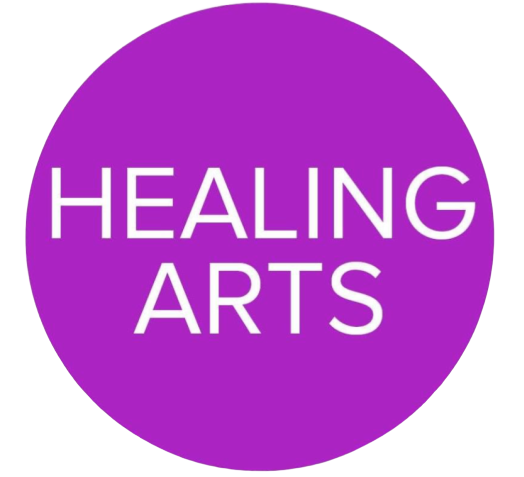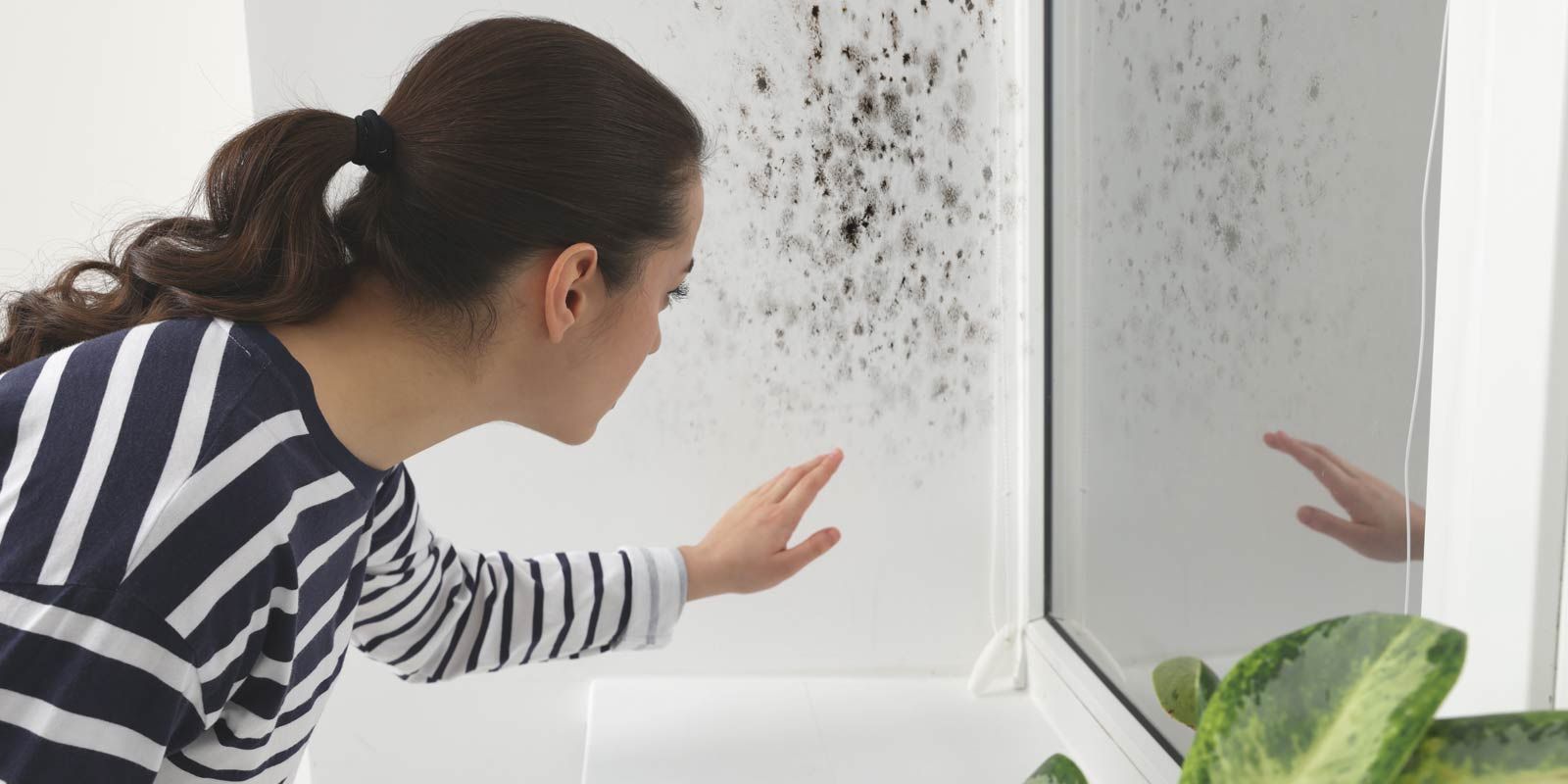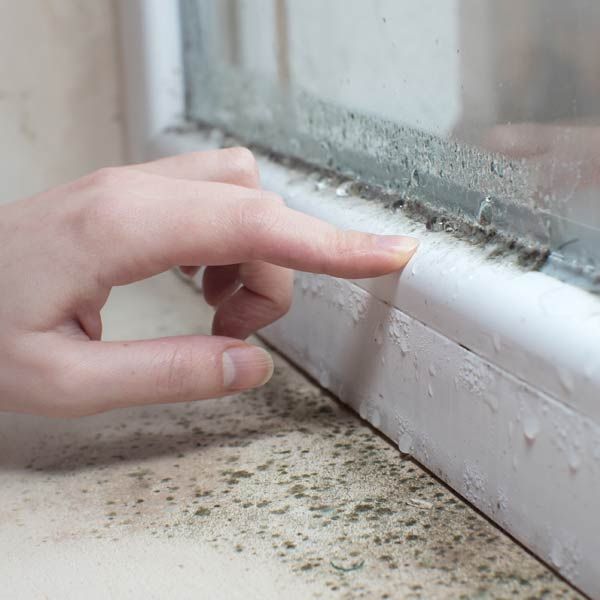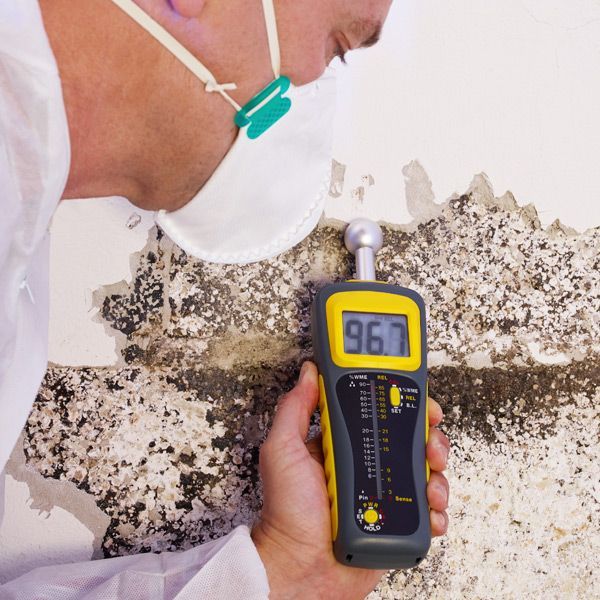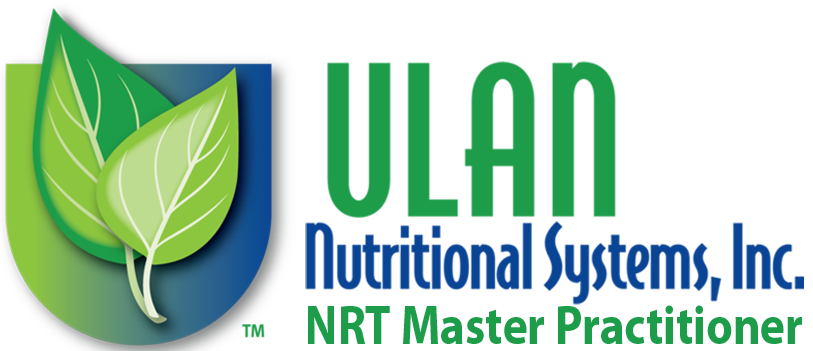Natural Remedies for Mold Infections at the Healing Arts NYC Health and Wellness Center in Manhattan NY 10017 and Connecticut
The treatment for mold infection is often overlooked, yet it is responsible for the illnesses of millions of people worldwide. If you are constantly exposed to mold, consider developing a plan to remove it from your body. For New Yorkers, this exposure is quite likely, as mold grows easily in moist environments, such as showers and apartments with humidity problems. Dr. Armitstead in NYC integrates both ancient wisdom and modern healing techniques to help her patients eliminate the mycotoxins from their bodies and reduce the symptoms of mold infection.
What is Mold Toxicity?
Mold is a type of fungus that is often found in areas with high moisture and warmth, such as damp or water-damaged buildings, shower rooms, basements, and other poorly ventilated spaces. Mold infection in NYC occurs when a person inhales mold spores into their lungs or comes into contact with them. Mold infections also enter the body through mucosal surfaces, particularly in cases of chronic exposure.
Symptoms of a Mold Infection
Mold infection can cause a wide range of symptoms that can mimic various conditions, making the diagnosis challenging for many doctors. Symptoms of mold infection can include, but are not limited to:
- Respiratory issues (chronic cough, wheezing, shortness of breath
- Sinus congestion
- Neurological problems (brain fog, memory issues, headaches)
- Fatigue
- Joint pain
- Skin rashes or eczema
- Digestive issues (bloating, diarrhea, nausea)
- Immune dysfunction. In people with weakened immune systems or mold sensitivities, mold infections can be severe and lead to chronic health problems.
Common Types of Mold Exposure
Some of the common types of molds that can cause infections are Aspergillus, Stachybotrys chartarum (also known as 'black mold'), Penicillium, Cladosporium, and Alternaria. All of these can produce mycotoxins, which are substances that cause inflammation and damage to cells in the body. The symptoms and severity of mold infections vary from person to person and depend on the strength of the immune system, genetic predispositions to mold sensitivity, the duration of exposure, and the type of mold.
Muscle Testing for Mold Infections
Nutrition Response Testing, or NRT, is a process that aims to determine how the body reacts to stressors, such as mold infections. The first step in the NRT protocol is Nutrition Response Testing, also known as muscle testing. The practitioner, in this case Dr. Armitstead, performs a muscle test on the patient to determine their physical state. The practitioner applies pressure to specific points on the patient's body while the patient is exposed to various substances or stimuli. The strength of the patient's muscle response indicates how the body is reacting to these inputs.
If the NRT protocol determines that the patient has a mold infection, the next steps might include recommendations for dietary changes, supplements, and other detoxification techniques. The exact course of action will depend on the patient's specific health situation, but the overall goal is to support the body's natural healing processes and restore health.
Applied Kinesiology
Dr. Armitstead can also use a muscle testing technique called Applied Kinesiology as an additional diagnostic tool for mold infection. This technique involves measuring the body's response to various stimuli, including mold and its mycotoxins, by testing the strength of the patient's muscles. The underlying principle of muscle testing is that when the body is exposed to a substance that causes stress or imbalance, neurological changes occur, leading to the weakening of specific muscles in the body.
The NRT approach also utilizes this concept to understand how the body reacts to potential stressors, such as mold and its byproducts. While standard diagnostic methods in conventional medicine may include blood tests, urine mycotoxin panels, or environmental sampling to confirm mold exposure, these methods can be inconclusive or result in false negatives, especially in cases of chronic exposure. Muscle testing provides an additional layer of information by assessing the body's functional response to mold and mycotoxins, which can help form a more complete clinical picture and guide the treatment process.
Dr. Armitstead's Natural Treatments for Mold Infection
One of the essential components of mold infection treatment that Dr. Armitstead in NYC emphasizes is supplementation with whole-food vitamins. The main difference between whole food vitamins and their synthetic counterparts is that whole food vitamins contain a complete nutrient complex as it occurs in nature, with all the cofactors included. This method provides the body with everything it needs to address a specific problem, such as a mold infection, and also repair any damage it has caused to the body.
Supplements used in mold infection treatment and recovery are: concentrated mushroom extracts (such as reishi, cordyceps, turkey tail), which provide immune support and adaptogenic benefits; herbal antimicrobials such as oregano oil, garlic, pau d'arco, and olive leaf extract, which help fight off the fungal overgrowth; chlorophyll-containing foods, such as chlorella, spirulina, and wheatgrass, which support the detoxification process; specialized enzymes that help break down the biofilm and promote the body's ability to flush out mycotoxins; and organ support formulas, particularly for the liver, kidneys, and lymphatic system, from organic animal and plant sources.
Whole food supplements work together to support the body's detoxification pathways, modulate inflammation, repair damaged tissues, and restore proper immune function. This approach is effective in addressing the root causes of mold-related illness, rather than simply suppressing symptoms, and can lead to more lasting healing and prevention of recurrence.
Treating a mold infection with Dr. Armitstead in NYC and CT is a comprehensive process that goes beyond simply removing the mold from your body and clearing it from your system. Her methods and approach can also support the body's natural ability to heal, while also preventing any more mold from reentering the body. This includes addressing and resolving any damage that has already been caused to the body by the mold. The recovery from mold infection can be described in several stages:
The first step is a thorough evaluation of the patient's health status through detailed health history taking, symptom assessment, and muscle testing.. This helps Dr. Armitstead to identify the specific mold species involved and the extent of the systemic impact.
The next step is the development of a personalized treatment plan that often includes environmental remediation advice, dietary modifications to reduce inflammation and support detoxification, and a carefully sequenced supplementation protocol. The treatment typically begins with gentle binders to help remove mycotoxins from the body, followed by targeted antimicrobial compounds derived from whole food sources.
Lastly, Dr. Armitstead's approach emphasizes supporting the body's healing processes rather than aggressively attacking the mold itself. This gentler approach can help minimize die-off reactions, or Herxheimer responses, which can temporarily worsen symptoms as the mold is eliminated. Regular follow-up appointments also allow for protocol adjustments based on the patient's response and changing needs. Dr. Armitstead recognizes that proper recovery from mold illness often requires attention to the emotional and psychological dimensions of chronic disease, and she incorporates stress reduction, mind-body practices, and emotional support as part of the healing journey.
How Traditional Medicine Treats Mold Infection
The standard medical approach to mold infection often involves antifungal medications such as fluconazole, itraconazole, or amphotericin B for systemic infections and environmental mold exposure. The treatment in conventional medicine for mold infection focuses on managing the symptoms with antihistamines, decongestants, corticosteroids, or bronchodilators.
However, these methods may not address the underlying causes of mold-related illness or the body's impaired ability to detoxify mycotoxins. In contrast, Dr. Armitstead's approach is different in several key ways. Instead of focusing on mold infection as an isolated issue, it is considered part of a larger pattern of environmental illness affecting multiple body systems.
Dr. Armitstead's holistic treatment plan focuses on enhancing the body's ability to eliminate mold and repair damage, rather than relying heavily on medications that kill fungi but may also stress the liver and immune system. The holistic treatment model also emphasizes personalized care based on each person's unique presentation, genetic factors, and specific mold exposures. This individualized approach extends to addressing underlying factors that contribute to mold sensitivity, such as nutritional deficiencies, gut dysbiosis, and immune dysregulation.
Most importantly, Dr. Armitstead's approach is based on a recognition that proper recovery requires a comprehensive approach to the whole person, including physical, mental, and emotional aspects. This more integrated perspective often leads to more sustainable improvement than more narrowly focused approaches that only concentrate on eliminating the pathogen.
Mold Toxicity Summary
Mold infection is a complex health issue that requires a multi-pronged approach for diagnosis and treatment. The journey from mold exposure to recovery requires an understanding of the relationship between environmental exposures, individual susceptibilities, and the body's capacity to detoxify. A comprehensive approach to mold infection needs to address four critical aspects: reducing exposure, eliminating toxins, modulating the immune response, and repairing tissue damage. Dr. Armitstead's protocol systematically works through each of these four stages, starting with the identification and mitigation of ongoing mold exposure through environmental testing and remediation guidance.
The next stage is the detoxification process, which utilizes natural binders such as activated charcoal, bentonite clay, and modified citrus pectin, in combination with liver and kidney support, to enhance the elimination of mycotoxins from the body. The immune response is also balanced with the help of adaptogenic herbs, medicinal mushrooms, and specific nutrients that can help regulate inflammatory reactions without suppressing necessary immune function. The tissue repair and regeneration stage, often the most overlooked part of mold treatment, is supported through specific amino acids, antioxidants, and cell membrane precursors derived from whole food sources.
The regenerative phase is crucial for reversing the cellular damage caused by mycotoxins, particularly in sensitive tissues such as the brain, lungs, and gut lining. Dr. Armitstead regularly reassesses the patient's progress through both subjective symptom improvement and objective measures such as follow-up muscle testing and laboratory markers of inflammation and immune function. This dynamic and responsive approach enables protocol adjustments as the body heals, ensuring that treatment remains aligned with the patient's evolving needs and promotes recovery at all stages.
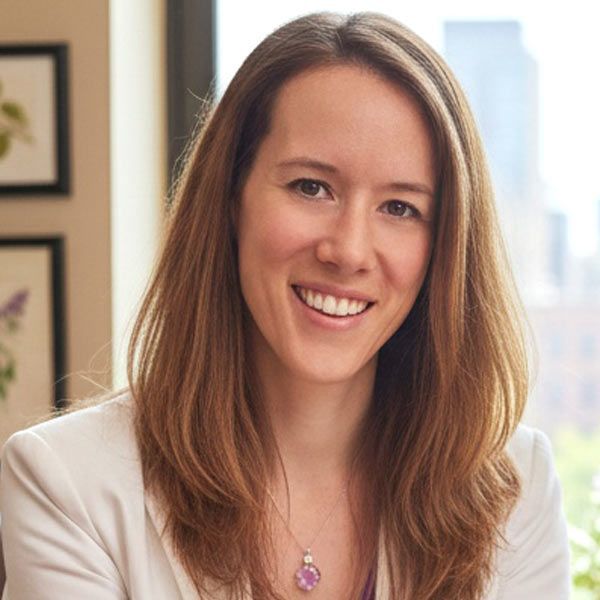
Contact Dr. Alicia Armitstead to Learn More About Overcoming Mold Toxicity Naturally
Mold infections are a serious health issue that requires a complex and comprehensive approach to achieve recovery. The holistic mold remedies in NYC and CT that Dr. Armitstead provides her patients at Healing Arts NYC combines ancient knowledge of natural healing with modern science and medicine.
The protocol used by Dr. Armitstead for treating mold infections is an effective alternative to the traditional medicine and its standard, but often inefficient methods. By combining a precise muscle testing and diagnostics process, specific whole-food supplementation, and care and attention to the patient's physical, mental, and emotional health, Dr. Armitstead can help people with mold-related illnesses recover.
If you have symptoms that could be connected to mold or have had ongoing unresolved health problems despite standard medical care, holistic mold infection treatment may be the answer you have been looking for.
Please contact us today!
